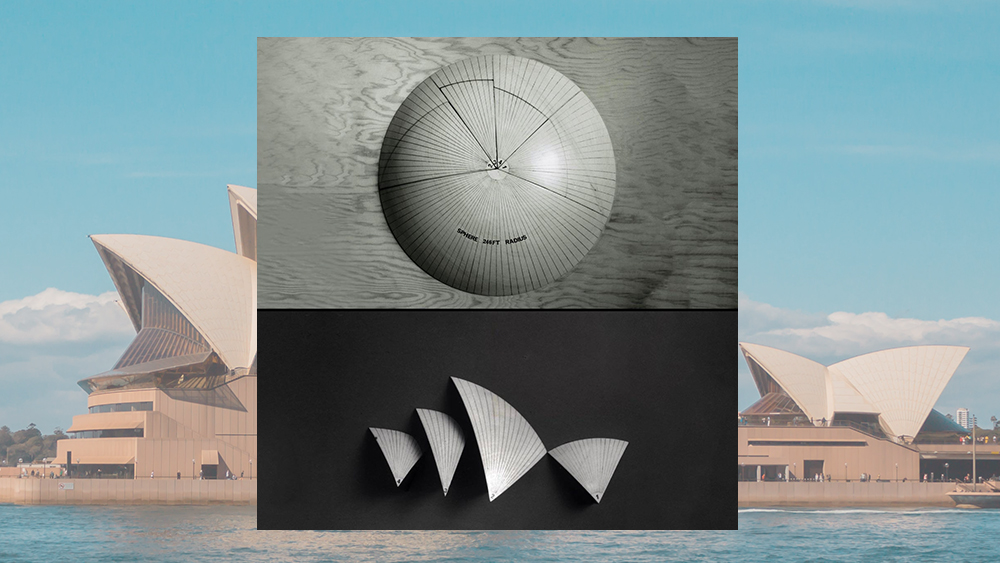
The Sydney Opera House is one of the world's most famous architectural landmarks, known for its dramatic 'sails' that stand out over the foreshore of Sydney Harbour. But the process of creating its iconic shape was fraught with challenges.
As one user has recalled on Reddit, the Sydney Opera House's shells proved to be impossible to make, until the architect realised that they could be produced as sections of a sphere. (See our pick of the famous buildings you should visit for inspiration).
The ‘sails’ of the Sydney Opera House are all sections of the same sphere. from r/DesignPorn
The original winning concept for the venue was drawn up by Jørn Utzon and his team of architects in Hallebaek, Denmark, for a design competition in 1956. However, the initial sketches turned out to be structurally unsound and impossible to build. Engineers at Arup & Partners needed to express the shapes mathematically, and to avoid spiralling construction costs, they needed to be more regular.
It took years to find a solution, with architects going through various iterations, from parabolic to ellipsoid. Finally, in 1961, Utzon realised he could make all the shapes he needed from the surface of a sphere.
As is often the case with eureka moments, a fruit is said to be involved. Some say Utzon was peeling an orange when he made the realisation, others claim this is a legend inspired by the architect Eero Saarinen, who had used a grapefruit to describe the shell structure of the roof of his TWA Building. Either way, the solution made calculations simpler and allowed the shells to be split into identical ribs that could be mass produced.
According to the Sydney Opera House website says the concept "elevated the architecture beyond a mere style into a more permanent idea, one inherent in the universal geometry of the sphere. It was also a timeless expression of the fusion between design and engineering."
However, as shown in the rare documentary above, the Sydney Opera House design, and the whole idea of its creation, was hugely controversial at the time. Even the documentary proved controversial and was reportedly destroyed by the BBC after being screened once. It was reassembled forty-five years later from a silent print and audio tapes.
If you're an architect yourself, see our pick of the best laptops for architects. Don't forget to follow our Apple Prime Day deals page if you're looking for bargains.







